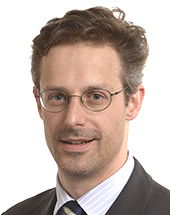
Choisissez la langue de votre document :
- bg - български
- es - español
- cs - čeština
- da - dansk
- de - Deutsch
- et - eesti keel
- el - ελληνικά
- en - English
- fr - français
- ga - Gaeilge
- hr - hrvatski
- it - italiano
- lv - latviešu valoda
- lt - lietuvių kalba
- hu - magyar
- mt - Malti
- nl - Nederlands
- pl - polski
- pt - português
- ro - română
- sk - slovenčina
- sl - slovenščina
- fi - suomi
- sv - svenska
|
| Procedimiento : 2017/2620(RSP) |
| Ciclos relativos a los documentos : | ||||||
Textos presentados : O-000068/2017 (B8-0329/2017) | Debates : PV 03/10/2017 - 13CRE 03/10/2017 - 13 | Votaciones : | Textos aprobados : | |||
| Acta literal de los debates | |
| Martes 3 de octubre de 2017 - Estrasburgo | Edición revisada |
|
| Aviso jurídico - Política de privacidad |

















































